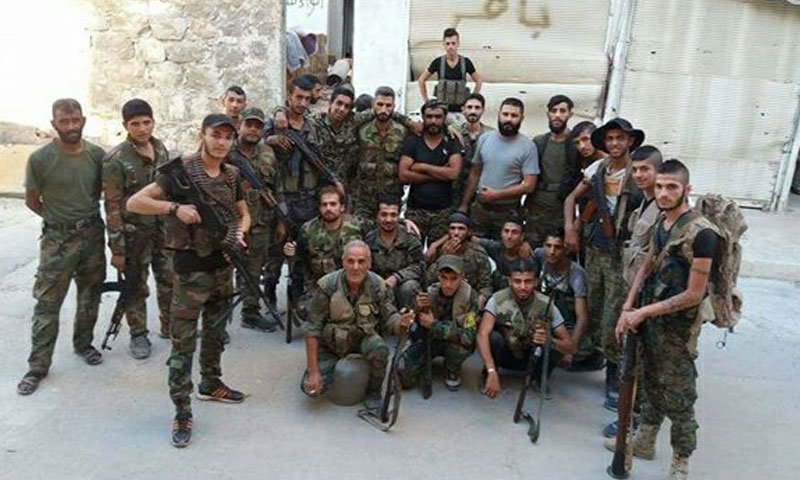
Over at the Institute for the Study of War (ISW), Jennifer Cafarella, Matti Suomenaro, and Catherine Harris have published an analysis predicting that Iran and Russia are preparing to attack U.S. forces and those of its Syrian Democratic Forces (SDF) allies in eastern Syria. By using tribal militia proxies and Russian mercenary troops to inflict U.S. casualties and stoke political conflict among the Syrian factions, Cafarella, et al, assert that Russia and Iran are seeking to compel the U.S. to withdraw its forces from Syria and break up the coalition that defeated Daesh.
If true, this effort would represent an escalation of a strategic gambit that led to a day-long battle between tribal militias loyal to the regime of Syrian President Bashar al Assad, Syrian government troops, and Russian mercenaries and U.S. allied Kurdish and SDF fighters along with their U.S. Marine and Special Operations Forces (SOF) advisors in February in the eastern Syrian city of Deir Ezzor. This resulted in a major defeat of the pro-Assad forces, which suffered hundreds of casualties–including dozens of Russians–from U.S. air and ground-based fires.
To support their contention, Cafarella, et al, offer a pattern of circumstantial evidence that does not quite amount to a definitive conclusion. ISW has a clear policy preference to promote: “The U.S. must commit to defending its partners and presence in Eastern Syria in order to prevent the resurgence of ISIS and deny key resources to Iran, Russia, and Assad.” It has criticized the U.S.’s failure to hold Russia culpable for the February attack in Deir Ezzor as “weak,” thereby undermining its policy in Syria and the Middle East in the face of Russian “hybrid” warfare efforts.
Yet, there is circumstantial evidence that the February battle in Deir Ezzor was the result of deliberate Russian government policy. ISW has identified Russian and Iranian intent to separate SDF from U.S. support to isolate and weaken it. President Assad has publicly made clear his intent to restore his rule over all of Syria. And U.S. President Donald Trump has yet to indicate that he has changed his intent to withdraw U.S. troops from Syria.
Russian and Iranian sponsorship and support for further aggressive action by pro-regime forces and proxies against U.S. troops and their Syrian allies could easily raise tensions dramatically with the U.S. Since it is difficult to see Russian and Iranian proxies succeeding with new Deir Ezzor-style attacks, they might be tempted to try to shoot down a U.S. aircraft or attempt a surprise raid on a U.S. firebase instead. Should Syrian regime or Russian mercenary forces manage to kill or wound U.S. troops, or bring down a U.S. manned aircraft, the military and political repercussions could be significant.
Despite the desire of President Trump to curtail U.S. involvement in Syria, there is real potential for the conflict to mushroom.
